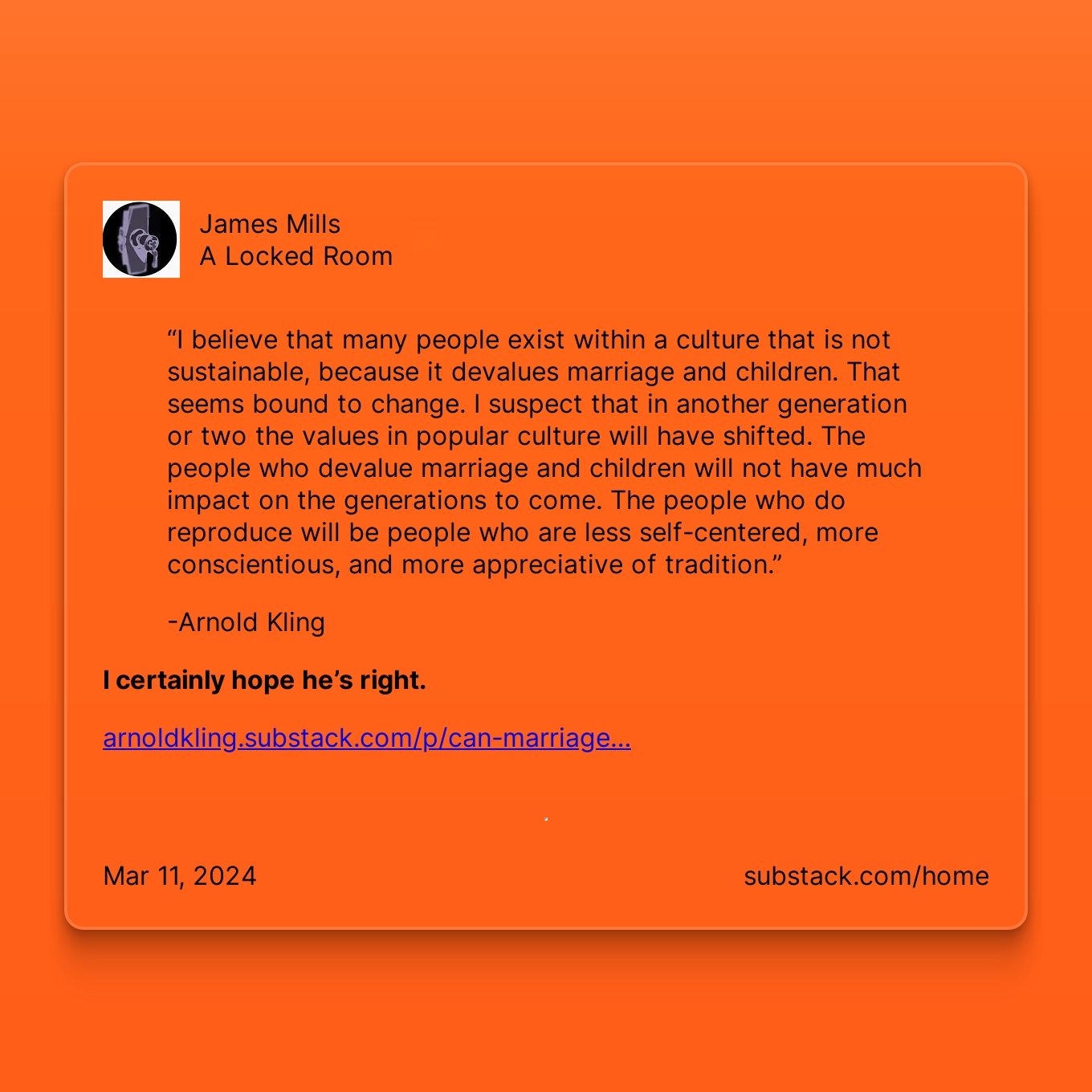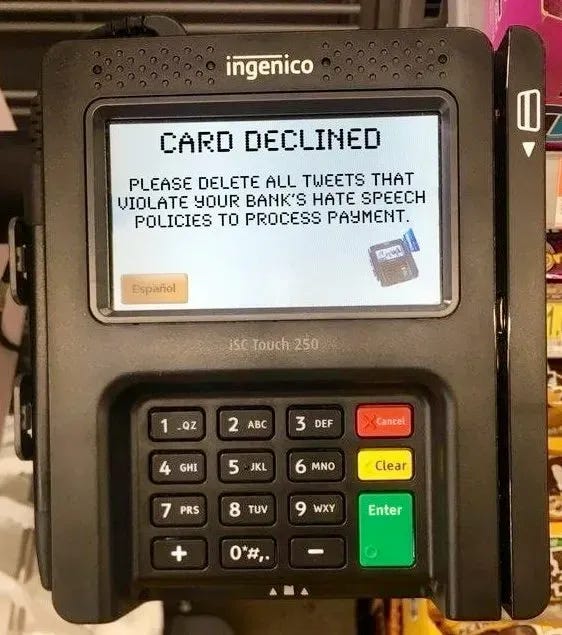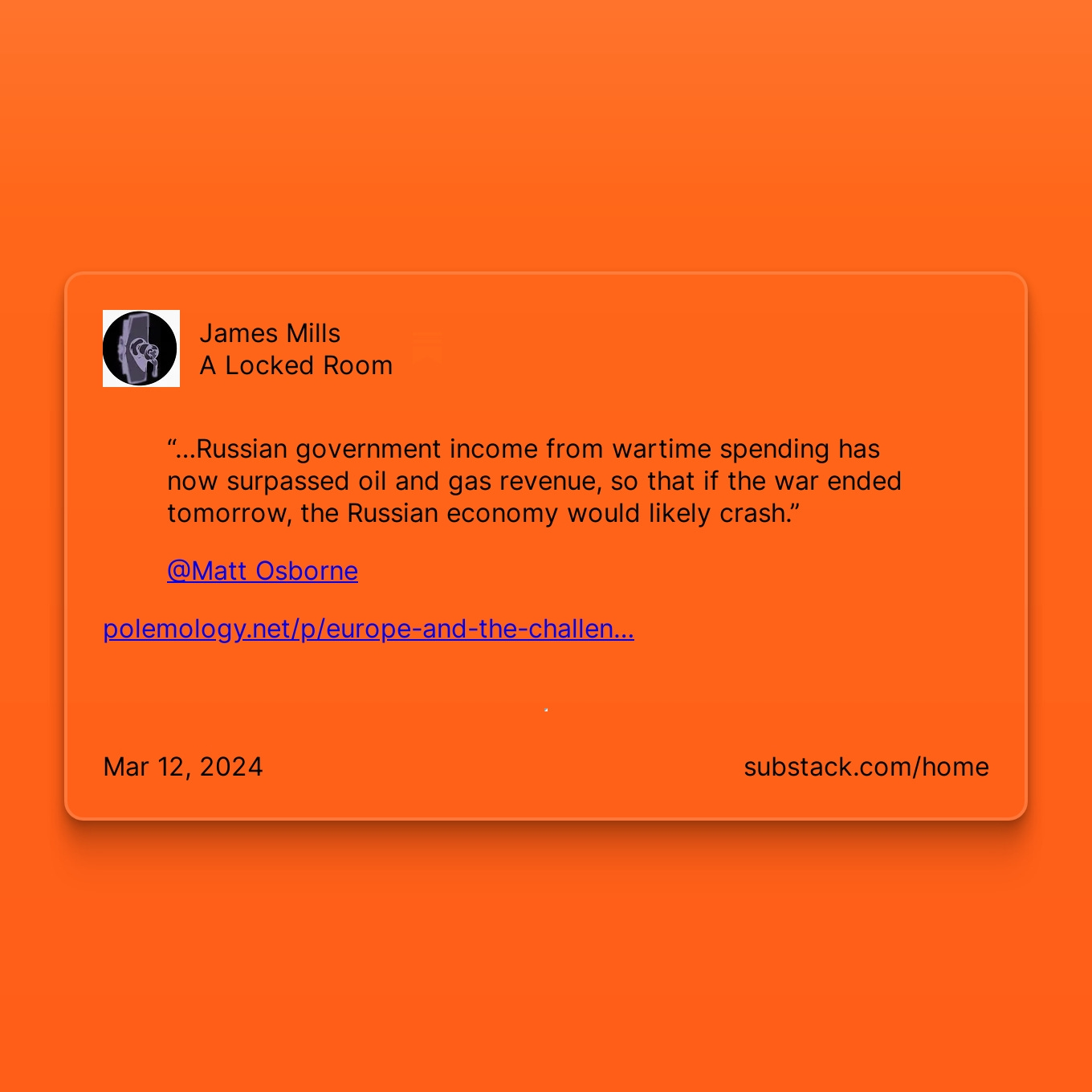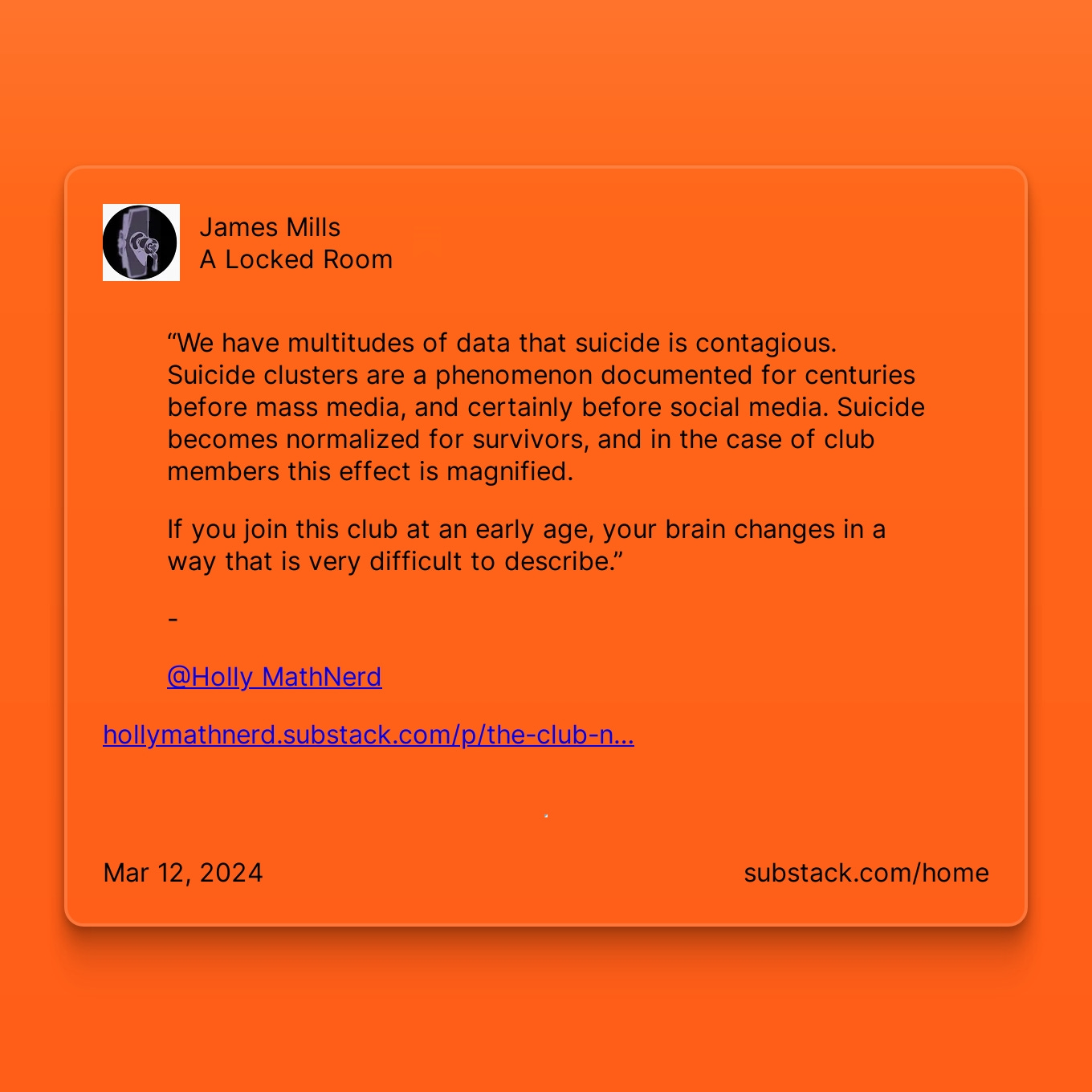Still, the fundamental reason why randomistas make so little headway on “markets versus government” is that they quietly reject the question! Instead of weighing markets versus government, they almost invariably weigh government versus government. As a result, government can never really lose.
To see what I mean, suppose an RCT tests whether smaller class sizes increase adult earnings. If researchers discover a sizable positive effect, the heralded “policy implication” will be: Spend more taxpayer money to reduce class sizes. If researchers find a small or negative effect, however, the policy implication is never: Cut school budgets and refund the savings to taxpayers. Instead, the lesson the researchers will draw is: We desperately need experiments on other ways schools might increase adult earnings. Maybe we should do an experiment with more school lunches. Maybe we should randomly raise teachers’ pay. Or perhaps do an RCT on afterschool programs. No matter how many experiments fail, the Executive Summary will never read, “Let’s defund public education.”
If an experimenter did write such an Executive Summary, his peers would almost surely fault him for being “ideological.” To use a colleague’s catchphrase: “This is not science.” Yet how is asking, “Should government spend money on this goal?” any more ideological than asking, “How should government spend money on this goal?” In effect, randomistas call fellow economists “ideological” for making inquiries with potentially ugly answers, instead of sticking to crowd-pleasing loaded questions like, “What’s the best way for government to help?”
-Bryan Caplan
PSA: Please continue to quietly buy things to salve your insecurity and loneliness and emptiness… and pay no mind to people who tell you that freedom of expression or national fiscal solvency or social institutions are being eroded by greed and cowardice and bad ideas. When the managerial elite has control over every tweet and job placement and college selection and research funding priority all of our problems will disappear and we will live in a managed utopia, free of norms and standards and hate speech.
(REPLY)
Those kinds of poll results are fairly meaningless, because they don’t factor in the fact that most people don’t really know what DEI is. If you rephrase the question and ask ‘do you believe that merit should be the primary factor in hiring and promotion’ or ‘do you believe that a color-blind society under the law is a worthy social goal?’ or ‘do you believe that whiteness is a serious social problem?’ you will probably get results that tell a very different story. EVERYONE (basically) supports the concepts of diversity, equity, and inclusion… just like everyone believes that black lives matter. That doesn’t mean that most people support the weird and unscientific racialism of DEI trainings, or that they support tens of millions of dollars being embezzled to buy LA real estate, or that they support defunding the police. With questions like these the particular context is almost everything… the general public impression almost nothing.















